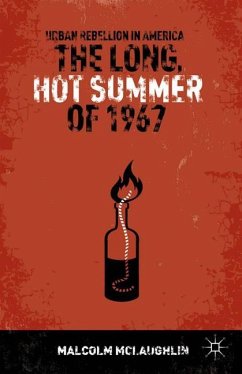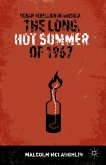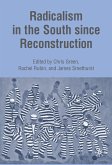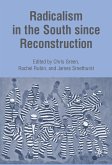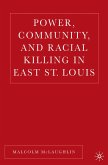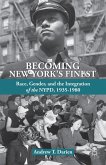It seemed at times during the 1960s that America was caught in an unending cycle of violence and disorder. Successive summers from 1964-1968 brought waves of urban unrest, street fighting, looting, and arson to black communities in cities from Florida to Wisconsin, Maryland to California. In some infamous cases like Watts (1965), Newark (1967), and Detroit (1967), the turmoil lasted for days on end and left devastation in its wake: entire city blocks were reduced to burnt-out ruins and scores of people were killed or injured mainly by police officers and National Guardsmen as they battled to regain control. This book takes the pivotal year of 1967 as its focus and sets it in the context of the long, hot summers to provide new insights into the meaning of the riots and their legacy. It offers important new findings based on extensive original archival research, including never-before-seen, formerly embargoed and classified government documents and newly released official audio recordings.
"Few books that seek to make new sense of the rebellious 1960s also manage to shine new light on the politics of liberalism that were so soon overtaken by this complicated decade, or to explain the law and order moment that, in turn, overtook it. Malcolm McLaughlin's 'The Long Hot Summer of 1967' does all of this, beautifully. Taking readers from the campuses of this nation's historically black colleges, to the offices of President Lyndon Johnson, to the streets of Detroit, Michigan, McLaughlin's book allows us all to understand much better than we yet do all that was lost, as well as was made newly possible, in America during the Sixties." - Heather Ann Thompson, Associate Professor of History, Temple University, US

